♥️
09.12.2024 21:01 — 👍 0 🔁 0 💬 0 📌 0Thomas Damien Michaels
@pyrotmichaels.bsky.social
I am THE Pyrokinetic Vampire/Werewolf Hybrid. The alter will now kill on demand. {Bi/Multi-ship/Multi-verse/RP/21+} Live in Amityville, NY Causing Havoc
@pyrotmichaels.bsky.social
I am THE Pyrokinetic Vampire/Werewolf Hybrid. The alter will now kill on demand. {Bi/Multi-ship/Multi-verse/RP/21+} Live in Amityville, NY Causing Havoc
♥️
09.12.2024 21:01 — 👍 0 🔁 0 💬 0 📌 0
Landsat 9 captured this image of lava coming from an eruptive fissure near Stóra Skógfell peak on Iceland's Reykjanes peninsula. Lava from the eruption flowed across major roads and closed in on the Blue Lagoon, a popular tourist destination. This natural color scene is overlaid with an infrared signal to help distinguish the lava’s heat signature. Image Credit: NASA/Michala Garrison, using Landsat data from the U.S. Geological Survey and VIIRS day-night band data from the Suomi National Polar-orbiting Partnership
Orange Lava, Blue Lagoon captured by NASA/Michala Garrison.
09.12.2024 09:53 — 👍 366 🔁 16 💬 2 📌 1Beautiful
09.12.2024 21:00 — 👍 1 🔁 0 💬 0 📌 0 09.12.2024 14:28 — 👍 1107 🔁 90 💬 5 📌 4
09.12.2024 14:28 — 👍 1107 🔁 90 💬 5 📌 4
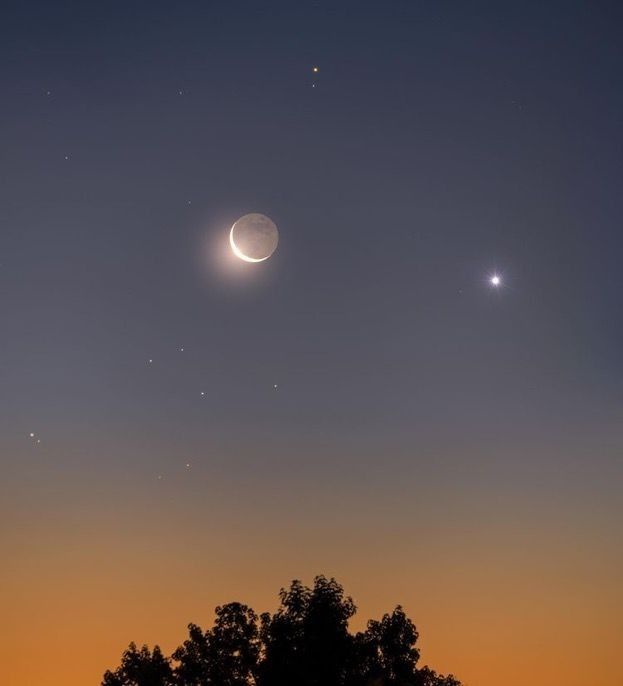
www.instagram.com/rami_astro/p...
09.12.2024 17:14 — 👍 5557 🔁 320 💬 53 📌 13
The Rim Nebula, also known as NGC 6188 or 'The Fighting Dragons of Ara' is an emission nebula located about 4,000 light years away in the constellation Ara. The bright open cluster NGC 6193, visible to the naked eye, is responsible for a region of reflection nebulosity within NGC 6188. NGC 6188 is a star forming nebula, and is sculpted by the massive, young stars that have recently formed there – some are only a few million years old. This spark of formation was probably caused when the last batch of stars went supernova.
FIGHTING DRAGONS OF ARA
Credit: Jonathan Lodge
Mine as well
09.12.2024 20:59 — 👍 0 🔁 0 💬 0 📌 0
Winter is my most favorite season.
09.12.2024 18:52 — 👍 99 🔁 12 💬 5 📌 0
Stars can create huge and intricate dust sculptures from the dense and dark molecular clouds from which they are born. The tools the stars use to carve their detailed works are high energy light and fast stellar winds. The heat they generate evaporates the dark molecular dust as well as causing ambient hydrogen gas to disperse and glow. Pictured here, a new open cluster of stars designated IC 1590 is nearing completion around the intricate interstellar dust structures in the emission nebula NGC 281, dubbed the Pac-man Nebula because of its overall shape. The dust cloud just above center is classified as a Bok Globule as it may gravitationally collapse and form a star -- or stars. The Pacman Nebula lies about 10,000 light years away toward the constellation of Cassiopeia. Image Credit & Copyright: Malcolm Loro
Stars and Dust in the Pacman Nebula
19.11.2024 00:58 — 👍 1176 🔁 75 💬 6 📌 5
Milky Way, Comet and Aurora
Credit: Evan Black
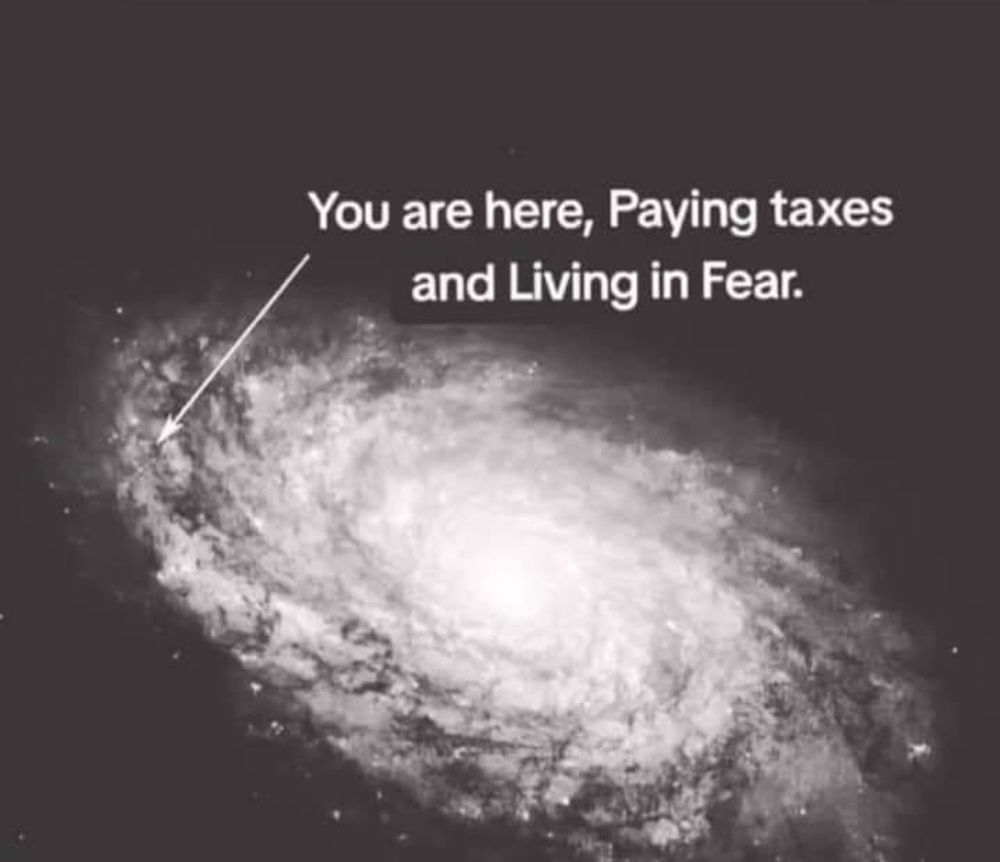 19.11.2024 04:26 — 👍 9750 🔁 1072 💬 201 📌 103
19.11.2024 04:26 — 👍 9750 🔁 1072 💬 201 📌 103

James Webb's view of the M51 galaxy.
18.11.2024 17:23 — 👍 3089 🔁 128 💬 33 📌 17
The Helix Nebula captured NASA's Hubble space telescope.
Alrighty, my beautiful warriors. Good night. I'm sorry, I didn't get to chat withcha all, as I fb. Ima leave this right here. I want to Thank you ALL so much, for following me. I'm honored, I will do my hardest to always be a safe place for you to come to talk openly. God's eye. 👇🏼
19.11.2024 06:42 — 👍 2988 🔁 172 💬 110 📌 26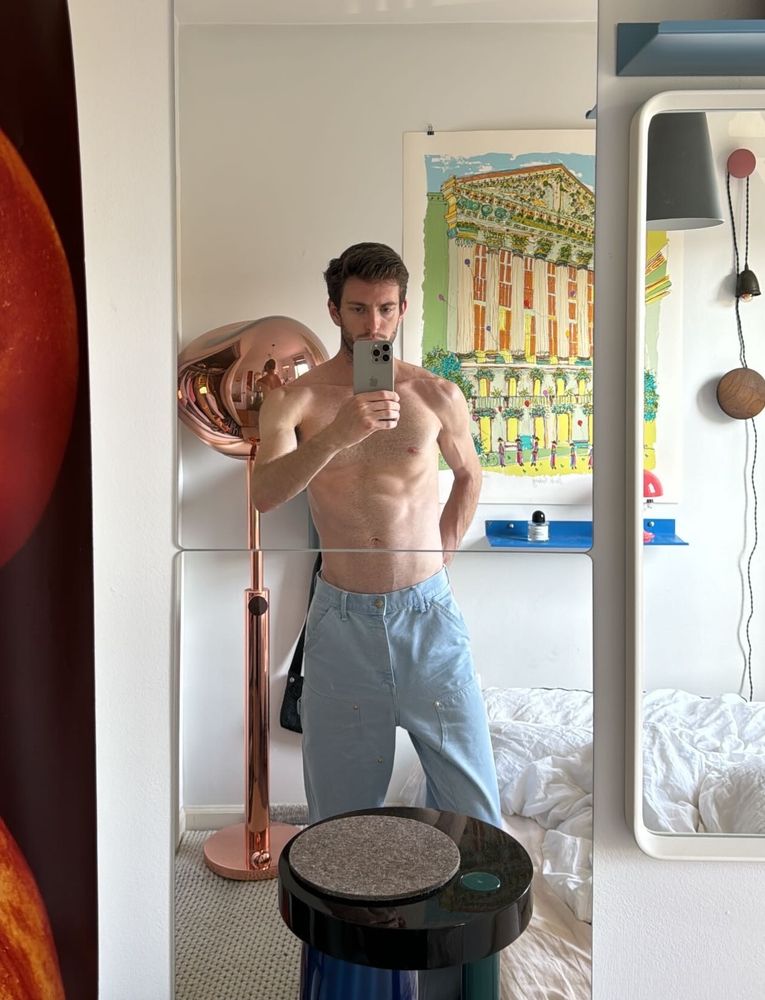
Hi people in my phone
19.11.2024 21:36 — 👍 69 🔁 2 💬 4 📌 0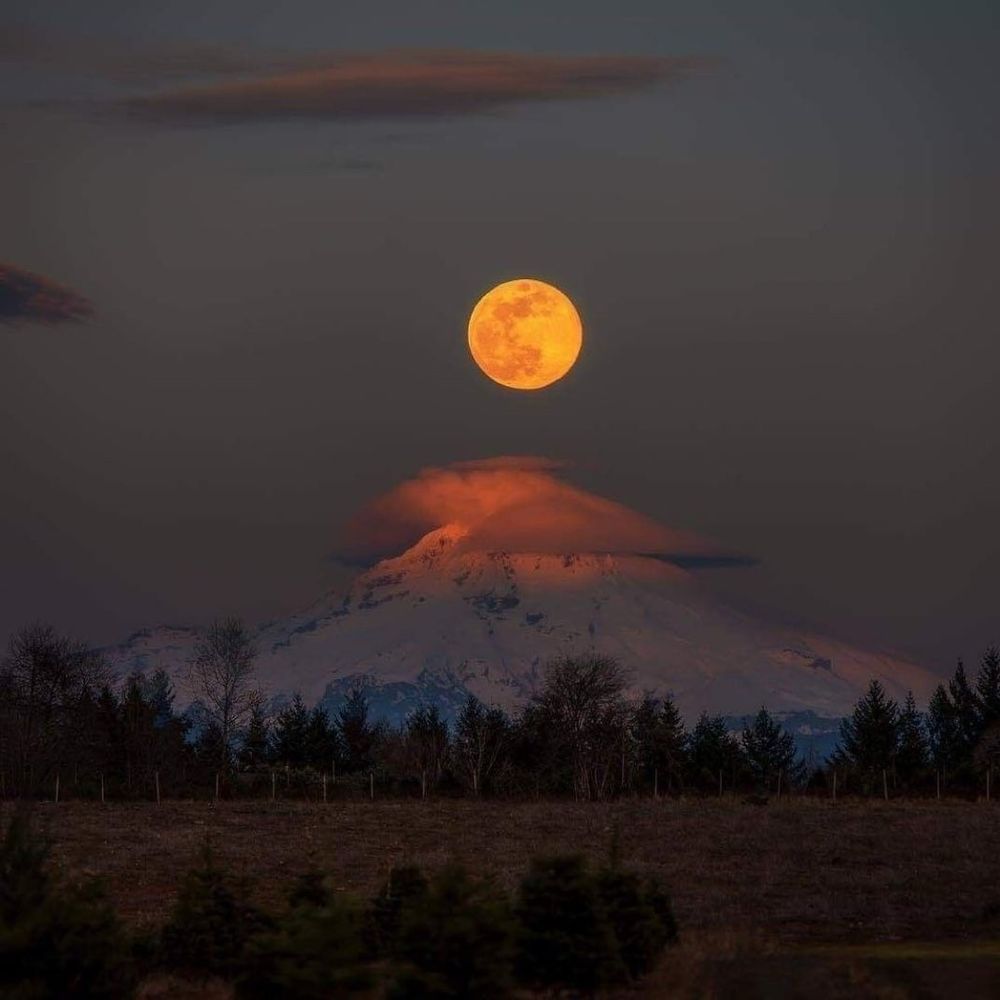 18.11.2024 23:58 — 👍 7254 🔁 330 💬 52 📌 9
18.11.2024 23:58 — 👍 7254 🔁 330 💬 52 📌 9

An Infrared View of the M81 Galaxy captured by the Spitzer Space Telescope
18.11.2024 19:31 — 👍 7340 🔁 359 💬 37 📌 12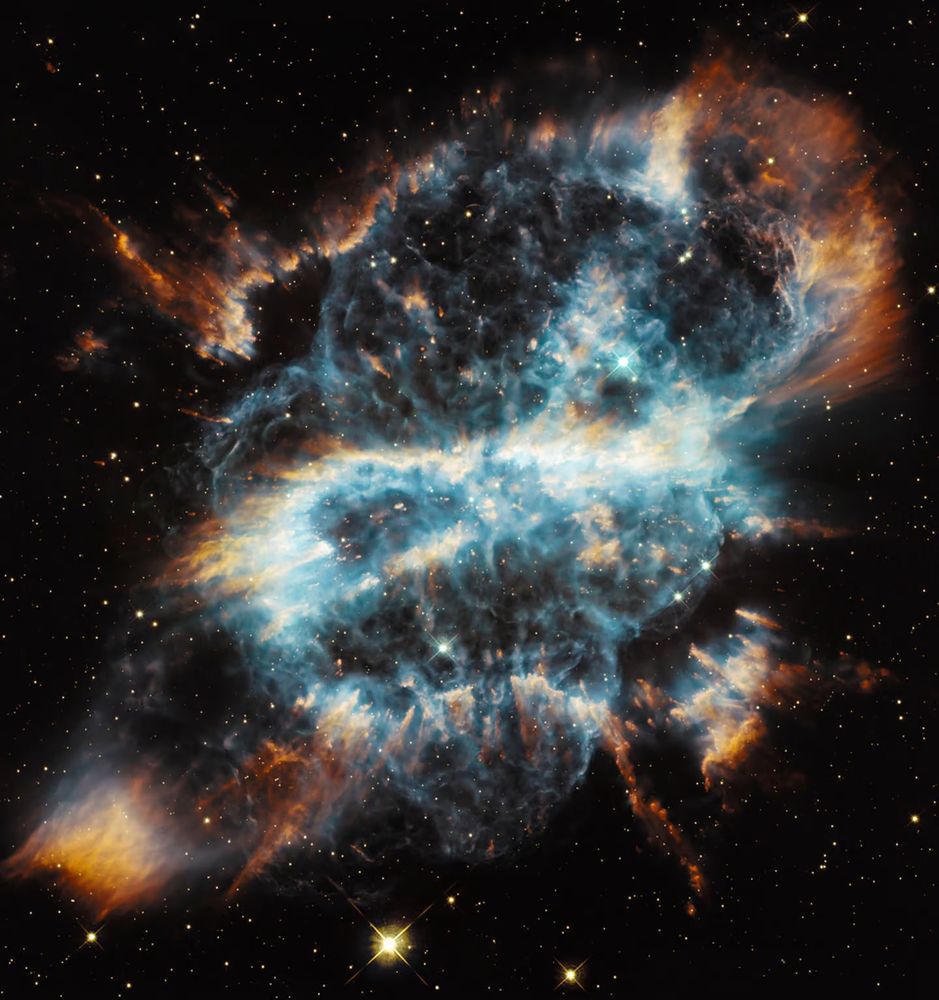
Nebula NGC 5189 captured by Hubble
19.11.2024 06:37 — 👍 12011 🔁 572 💬 76 📌 26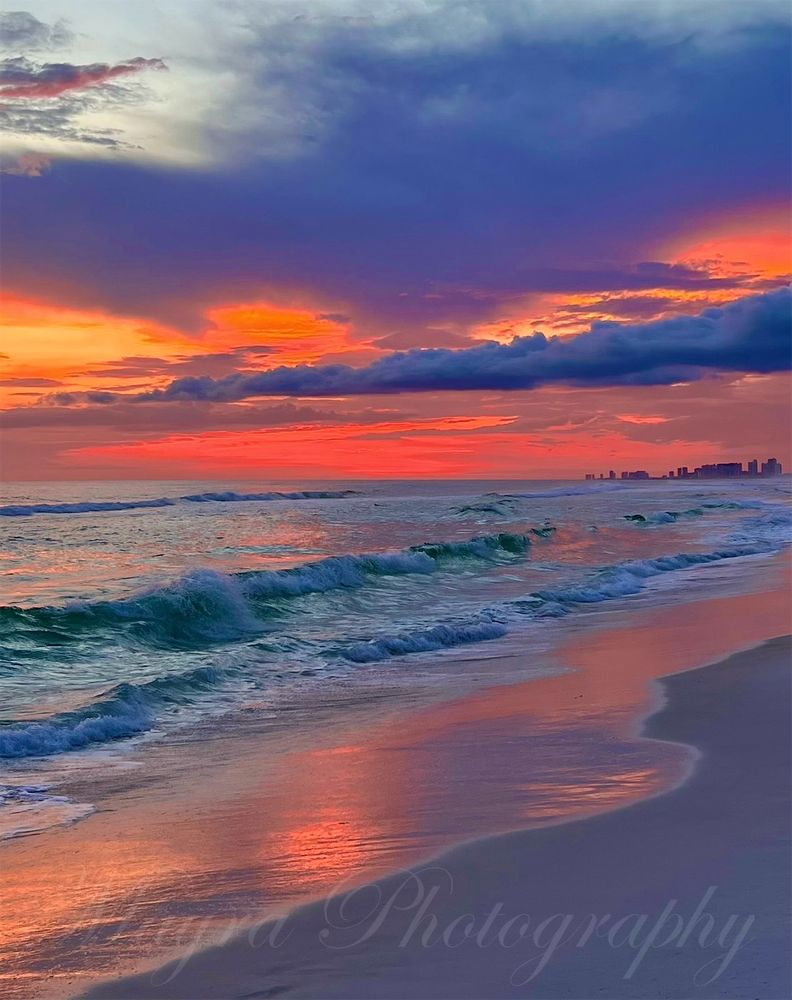
In case you needed a sunset, here’s one for you.✨ #Beach
18.11.2024 22:33 — 👍 14974 🔁 537 💬 300 📌 31
Image of a large galaxy on the right, with two smaller companion galaxies to the left. The large galaxy is ring-shaped, with an oval outer ring, and a small, off-center oval inner ring. The rings and space between are lit with blue plumes and dots. The companion galaxies to the left, one above the other, are much smaller than the main galaxy, and about the same size as each other. The galaxy above has similar coloring and many of the same features as the large ring galaxy, but more of a disturbed s-shape, with no distinct rings. The galaxy below is brighter with a whiter tinge. It has a diffuse spiral shape with a white core similar to that of the ring galaxy, but with a smoother texture. The background is full of more distant, orange-red colored galaxies of various shapes and sizes.

A close-up shot of a spiral galaxy. A bright core is seen edge-on, with spiral arms surrounding it. These arms are full of dark brown dust and hazy blue star formation.

Thousands of distant stars crowd the view against black space. A rosy, bloomlike tendril of red nebulosity shines near the center-top.

A nebula made up of cloudy gas and dust in the form of soft and wispy clouds and, in the center, thin and highly detailed layers pressed close together. Large, bright stars surrounded by six long points of light are dotted over the image, as well as some small, point-like stars embedded in the clouds. The clouds are lit up in blue close to the stars; orange colors show clouds that glow in infrared light.
i wish i was here right now… 🌌
18.11.2024 23:44 — 👍 3530 🔁 228 💬 66 📌 20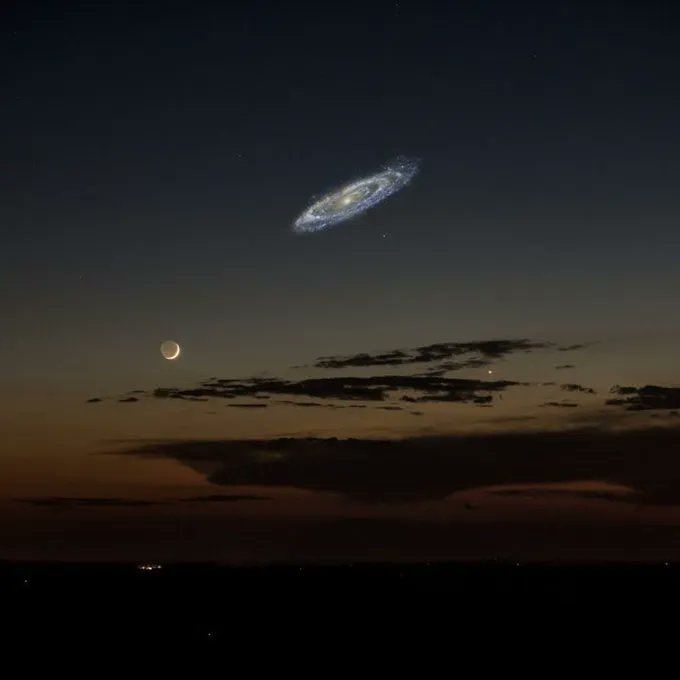
How the Andromeda galaxy would look from Earth if it were brighter
19.11.2024 08:48 — 👍 47237 🔁 2454 💬 544 📌 169